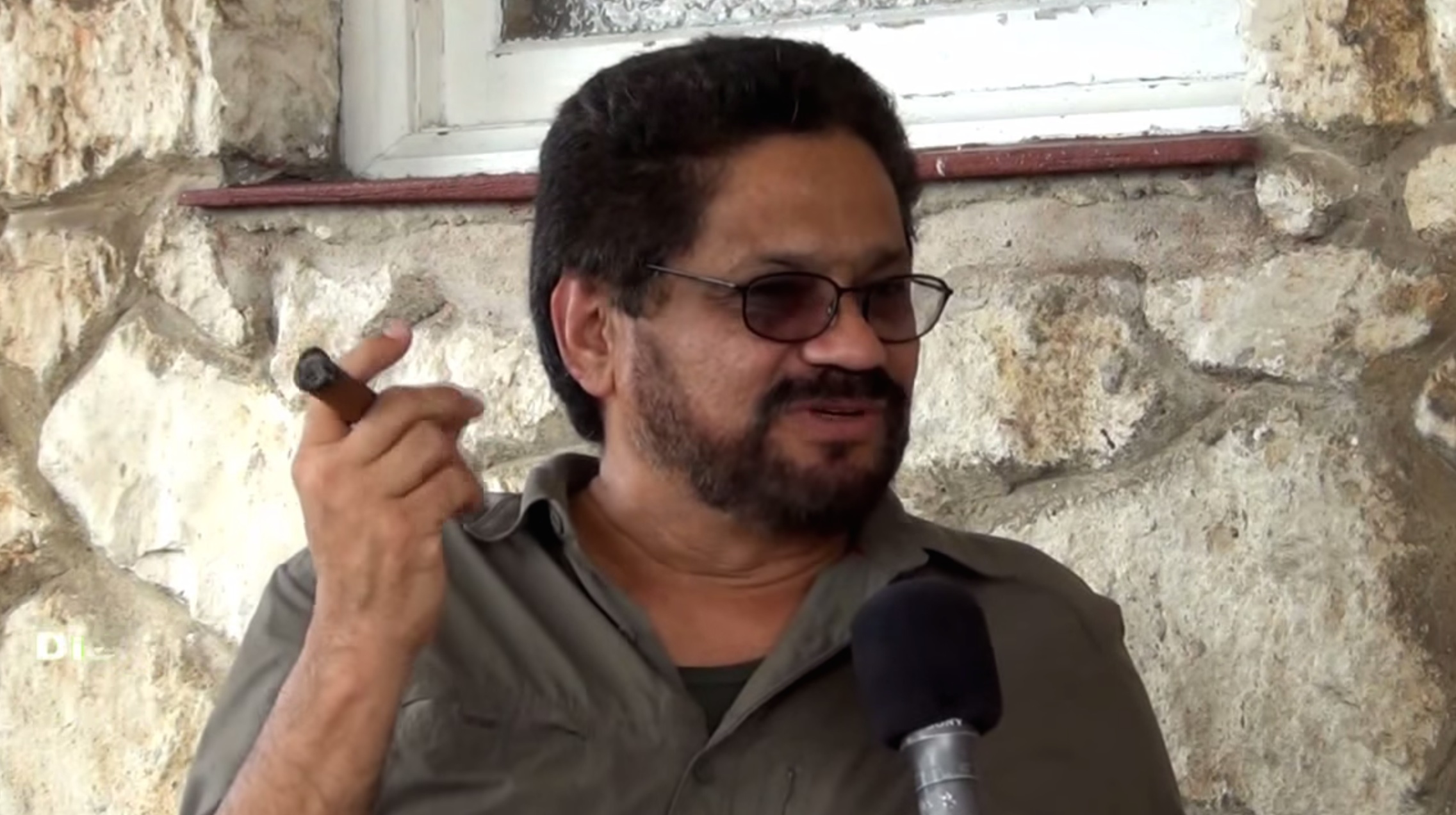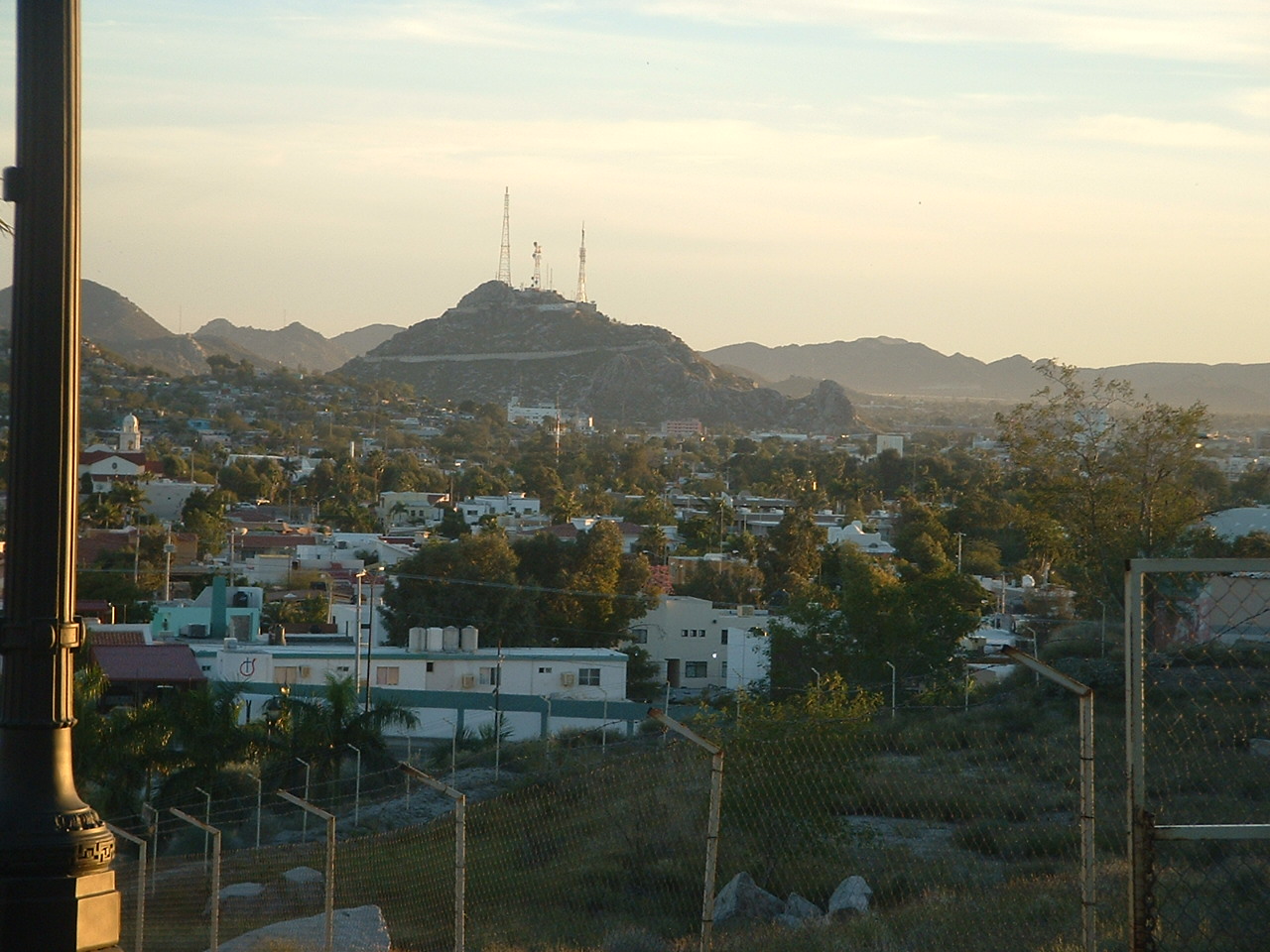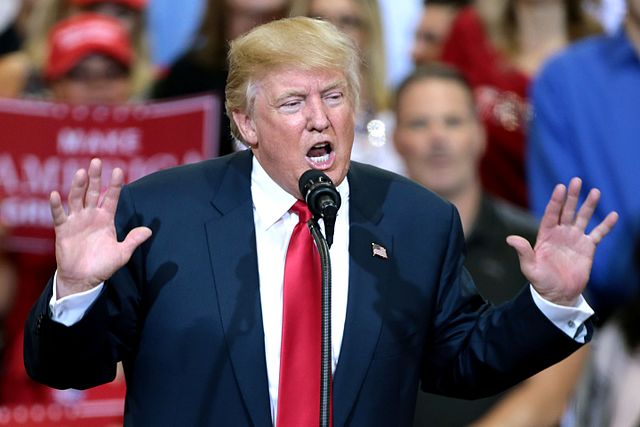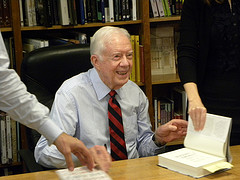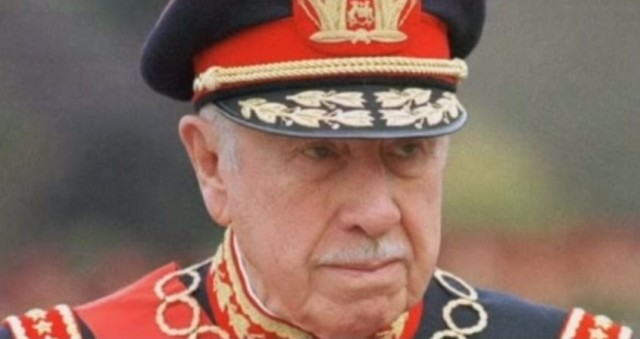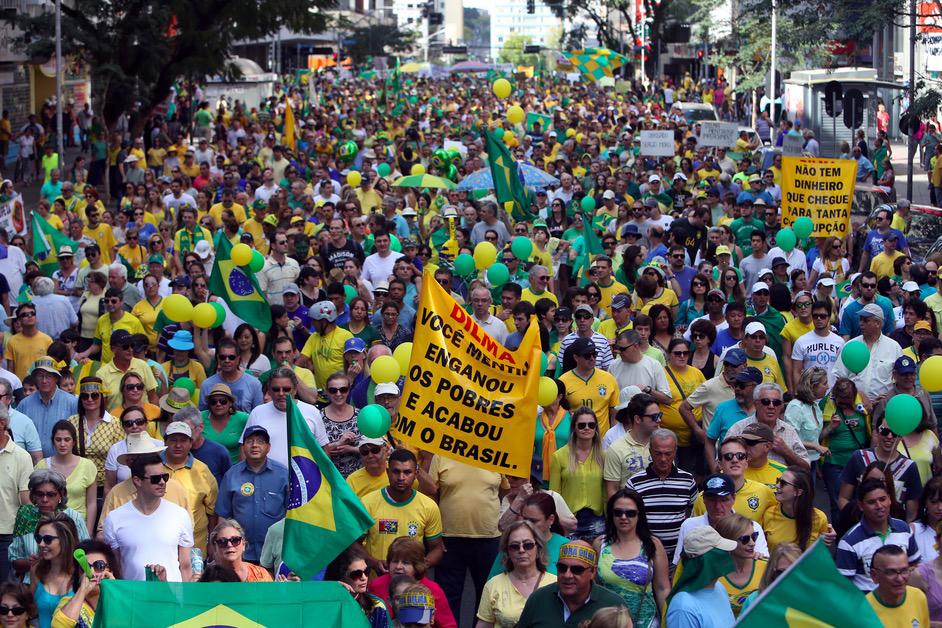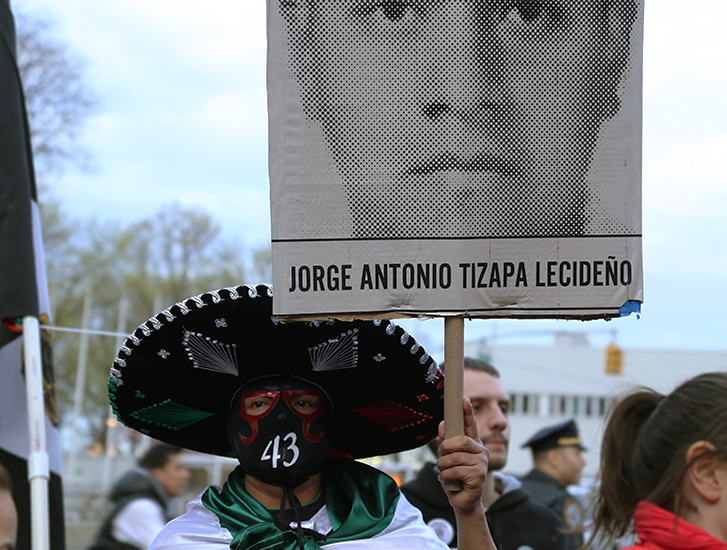
Blog, Latin America: Week in Review, Mexico
Mexico Human Rights Group Finds Errors in Investigation of 43 Missing Students
July 24, 2015 By Staff
Hello to all our Today in Latin America subscribers. The LAND staff will be taking vacation until the beginning of September, meaning our daily newsletter will be on hold until then. Nos vemos en Septiembre.
Top Story — Mexico’s National Human rights Commission has heavily criticized the government’s investigation into the likely massacre of 43 college students last September, publishing a list of 32 omissions from the investigation that it says should have been fundamental to solving the crime.
“What we’re pointing out, as we’ve said before, is that the attorney general’s investigation should not be closed and is not closed,” said commission President Luis Raúl González Pérez, according to The Associated Press.
The report focuses on errors committed during the aftermath of the Sept. 26 attacks in Guerrero state, during which police allegedly handed protesting students from a teachers college over to suspected drug gang members, who disappeared the students. Some of the errors mentioned in the report are glaring omissions, including the failure to interview key witnesses or consider pertinent evidence, such as a cellphone message from a kidnapped student after the attacks occurred.
The families of the missing students continue to protest their disappearance, pushing for more meaningful progress in the government’s investigation of the crime. Meanwhile, kidnappings have been on the rise in Mexico since the attacks, according to Mexico’s National Citizen Observatory.
Headlines from the Western Hemisphere
North America
- A 12-year old Mexican boy who was shot dead earlier this week was not located near the site of a dispute between protesters and security forces, but rather inside a restaurant, according to officials, and was attacked along with others who were wounded from shrapnel.
- Seven people were killed in an ambush in southern Mexico, according to officials, in a crime that is suspected to be linked to an organized crime group because of a message left with one of the bodies.
Caribbean
- The Senate voted to lift a travel ban on Cuba, despite a Republican majority, further bolstering U.S. President Barack Obama’s goals to ease restrictions with the country, although an editorial piece from The Guardian maintains U.S. and Cuba relations still have a “long way to go.”
- Haiti has fired its ambassador to the Dominican Republic Daniel Supplice amid an ongoing immigration crisis, saying that Supplice “had not defended his country appropriately.”
Central America
- Former Guatemalan dictator Efraín Ríos Montt was sent to a psychiatric hospital for nine days observation by a state court in the interest of his mental health, further delaying his ongoing trial on genocide charges from his 1980s regime.
- Archaeologists in Guatemala have uncovered three Mayan panels from around 1,400 years ago that display hieroglyphics that could provide insights into the civilization’s traditions.
- Honduran journalist David Romero took refuge in a national human rights office after his work exposing a major government corruption case led to death threats.
- Initiation rituals from some of El Salvador’s deadliest gangs and other elements of the country’s “war without sense,” are covered in a new piece from Time.
Andes
- Colombia’s army on Thursday announced the death of a soldier in combat with FARC guerrillas, on the same day that the latest round of peace talks resumed in Havana.
- Amnesty International has publicly urged Peruvian President Ollanta Humala to find the women, mostly poor and from the Andes, who were forcibly sterilized under the administration of Alberto Fujimori, whose own daughter Keiko is currently leading in polls ahead of the presidential election in 2016.
Southern Cone
- U.S. officials have requested that Paraguay extradite former South American Football Confederation President Nicolás Leoz, who is currently under house arrest in Asunción due to accusations of corruption at the world football governing body FIFA.
- Argentina’s cabinet chief on Thursday ruled out a potential currency devaluation, following a steep decline in the peso’s black market value due to concerns about the likely victory of left-wing Daniel Scioli in upcoming presidential elections.
